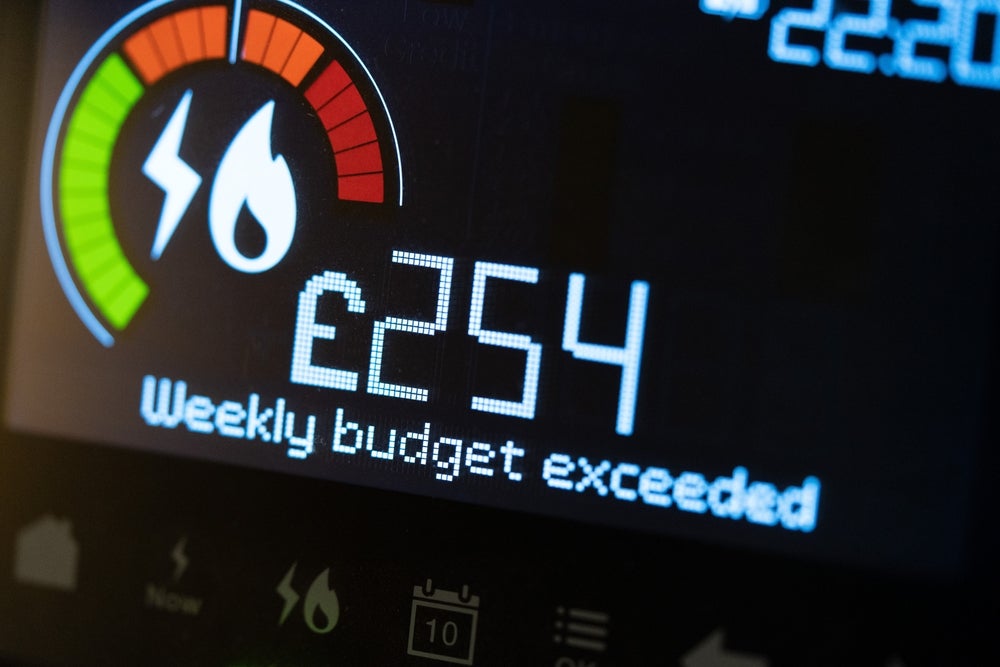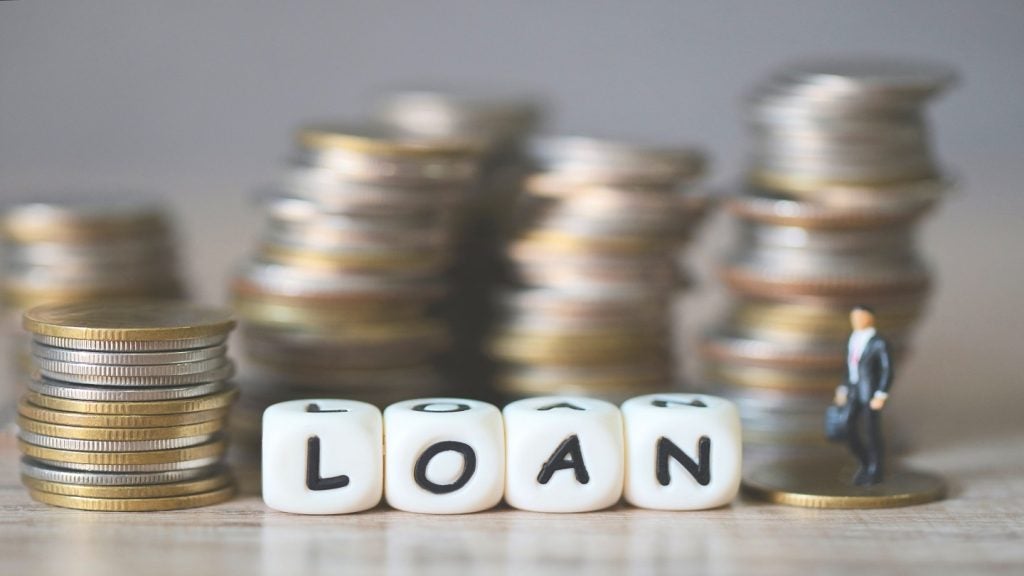
As the economy is still recovering from the Covid-19 pandemic, it now faces a cost-of-living crisis, with rising inflation and costs across the board, and motor finance will have an important role to play in combating it. Chris Farnell reports
This September, Volkswagen Financial Services UK revealed that a third of people in Britain say that rising fuel costs will soon mean they cannot afford to drive to work. At the same time, the firm’s study found that 35% of Brits would consider changing jobs if it led to saving on commuting costs, while a quarter of those asked would think about car sharing to work. Half of the people asked felt it was acceptable to ask passengers for petrol money in the current economic climate, and 36% have cancelled social activities due to the rising cost of fuel.
The cost-of-living crisis is real, and nearly everyone is feeling the pinch in one way or another, and whichever way you look at it, for a lot of people car ownership remains one of their biggest expenses.
At the same time, the bar to car ownership looks likely to rise as motor finance firms respond to the crisis.
Darren Sinclair, CCO of motor retail technology firm iVendi says “The cost-of-living crisis and the high likelihood of recession mean that motor finance providers will almost certainly tighten the criteria on which they base their lending in order to minimise the risks they face. Almost inevitably, this will mean that fewer people meet the requirements of their preferred lender and may end up turning to their second, third or fourth choice, or even deciding not to buy at all.”
There can be no doubt that is going to have a serious effect on demand. Recently the industry has been straining to meet demand due to an ongoing shortage in stock, but that does not make the cost-of-living crisis any less serious.
How well do you really know your competitors?
Access the most comprehensive Company Profiles on the market, powered by GlobalData. Save hours of research. Gain competitive edge.

Thank you!
Your download email will arrive shortly
Not ready to buy yet? Download a free sample
We are confident about the unique quality of our Company Profiles. However, we want you to make the most beneficial decision for your business, so we offer a free sample that you can download by submitting the below form
By GlobalData“The fact remains that if consumer confidence is low, dealers will need to innovate to bring in customers, particularly at the more affordable end of the market,” explains Sepi Arani, commercial director of online used car marketplace, carwow. “Attractive interest rates and deposit contributions could become more prominent once again for cars where supply constraints are not an issue, while making buyers aware of different purchase avenues has never been more important.”
James Tew, iVendi’s CEO, agrees that falling demand is a serious concern for the sector.
“The key risk is a substantial fall in demand. Consumer confidence is very low, so this is undeniably a possibility,” he says. “However, this has yet to noticeably impact on the performance of the used vehicle market, which remains remarkably resilient. “
While the full impact of the crisis has not yet been seen in the market, the events of recent years have taught the motor finance sector to be nothing if not versatile, and businesses are already adapting.
“Car finance never stands still, and while discounts and deposit contributions may not be as prevalent as they once were, there have never been so many routes to ownership,” Arani says. “As people look for shorter-term contracts and greater flexibility, the variety of cars available for leasing contracts has grown noticeably over recent years. Similarly, the rise of the subscription model gives a comprehensive option for those wishing to consolidate their costs, while the rise in the value of used cars could become useful leverage for consumers over coming months.”
While the options for consumers are growing, the market is also likely to become more risk-averse.
“We’re seeing some motor finance providers tightening their lending criteria, which is a responsible course of action at a moment such as this, but otherwise it has been largely business as usual,” Tew points out. “What we have seen that works incredibly well is when lenders offer tools that allow consumers to check their finance eligibility across multiple products before applying for finance.”
Lessons Learned
These twin responses have both been made easier thanks to the lessons learned by the sudden onset of the Covid-19 pandemic and lockdown, and the effect it had on incomes across the board.
“Dealers became very good at handling sales remotely during the Covid pandemic, and consumers are still keen on communicating more extensively than in years gone by before making a purchase,” Arani says. “Regular updates about order statuses have never been more important, while a willingness to understand people’s changing circumstances now, will be remembered by buyers when better times return.”
“Really, the key lesson has been adaptability,” Tew insists. “Generally, motor finance companies remain financially conservative, as you would expect, but they have become very adept at moving to meet the sometimes dramatically changing needs of the sector, whether that is supporting dealers through a shift in market conditions by providing better products and technology or individual customers through a change in their personal finances with a range of measures.”
Of course, many of the lessons learned through the pandemic about vulnerable or precarious customers have been codified in the upcoming Consumer Duty, and the policies it lays out will have a lot to say about how motor finance should respond to the cost-of-living crisis.
“It is almost a year or so before the new Consumer Duty rules come into force, but the principle of providing good consumer outcomes in terms of financial products should help foster positive long-term relationships between customers and retailers,” Arani says.
Indeed, many in the industry say that the City regulator's Consumer Duty is a signpost pointing in the direction the industry is already headed.
“This is largely a continuation of a direction of travel that has been in motion for a while now. Motor finance businesses have become much more focussed on supporting the customer in the last few years, partially as a result of FCA [Financial Conduct Authority] moves but also because of changes in wider business culture, and Consumer Duty is really just a further step along this path,” explains Tew. “In terms of the cost-of-living crisis, we believe most motor finance companies are already working to minimise the impact on individual customers whose personal finances are under pressure – something at which they became very adept during the pandemic. “
One of the things that made the pandemic so much of a challenge was nobody was exactly sure how long it would be. When we went into lockdown we did not know if it would be for a couple of weeks or months on end. Looking at the cost-of-living crisis, and the recession it could bring on, we are in a similar situation.
“Between Brexit, Covid and parts-supply shortages, the status quo has paradoxically been characterised by being in a state of flux over recent years,” Arani tells us. “Industry has become expert at responding to changing situations and remains prepared for whatever changes lie ahead.”
But while change is the only thing that stays the same, there is still confidence in the industry.
“The fact is that the used vehicle sector continues to be strong and there are not really any signs of this situation changing, even if it faces an increased threat from the cost-of-living crisis,” Tew argues. “We could see a downturn in the market’s performance if the worsening economic situation creates a substantial fall in demand. However, we are seeing no weakening so far and the mood of dealers remains largely positive.”
Call of Duty: Clock ticking on new culture and data expectations
Consumer Duty: A little less conversation a little more action







